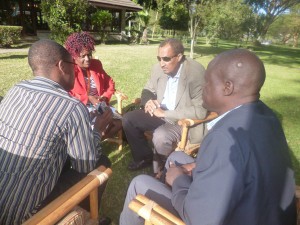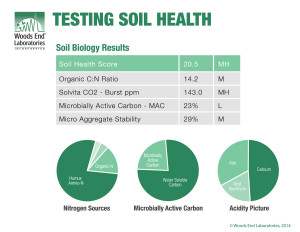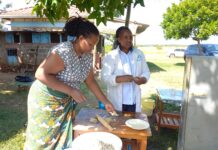By Mary Mwendwa.
Weak policy around agriculture inputs has been cited as one of the major threats facing smallholder farmers in Sub-Saharan Africa.
Speaking during a recent write Shop on Soil Health where experts who were drawn from education, research and policy sectors, gathered at a Naivasha hotel for one week to come up with a publication that would see stakeholders in agriculture access vital information that will help farmers improve their yields.
Dr. Bashir Juma, Head Farmer Solutions, usedsooverusedThe Alliance for a Green Revolution in Africa ( AGRA) noted how Africa’s main problem lies in not having healthy soils.”Soils in many African Countries are depleted due to several used by fertilizers which degrade their health .For example in western Kenya farmers have the highest rates of poor soil health.They have planted for a long time without restoring soil nutrients.”

Speaking about how a book would be helpful in documenting some of these issues, Dr.Bashir appreciated the importance of the write shop where many lessons would be drawn from through several examples that have made some countries to do better than others in terms of good soil health that has translated to high yields.
“Malawi, Burkinafaso and Ghana are some of the success countries where farmers have got support in areas such as fertilizer inputs and they have enlarged their food baskets .Kenya has struggled in the past despite having very good technology in place but financing, markets and education to farmers have hindered them to achieve best results. Iam happy that the fertilizer policy is now in place and I believe Kenya is best placed to move in the similar strides other countries have gone.”He emphasized.
Dr.Bashir pointed out how critical areas of policy are to the farmers especially in regard to inputs like fertilizer.”Many countries in Africa are not doing well in this regard.Private sector and public sector need to work closely to see farmers benefit highly from their produce through channels that will ease burdens of markets, and subsidies on inputs like fertilizer.”
Also speaking to journalists about the write shop, Abednego Kiwia, Coordinator , AGRA ,Soil Health Programs, highlighted how AGRA has been working in thirteen countries .”Our strategy is to go beyond demonstrations which has seen many farmers not benefit largely from their produce.Many technologies have been demonstrated but how have they helped the farmer beyond the demonstration? He asked.It is in this blood that we have seen the need to revolutionize agriculture to make it more attractive even to youth.”He said.”This write shop is expected to come up with stories around soil health that would benefit many people and set examples which others can learn from.”
Dr.Martins Odindo, principal Research Scientist, Socio -Economics and Applied Statistics Division , Kenya Agriculture and Livestock Research Organization (KALRO ), agreed to the fact that lessons drawn from the write -up will be used by other stakeholders to help them understand some of the critical areas in soil health in a simple manner that is not too scientific to interpret.He noted with concern about some challenges in soil health that were an impediment to farmers especially in western Kenya where soils are acidic and they need proper information on how to balance soil nutrients .”We expect the book to be reviewed for farmers in customized smaller versions so that they benefit from this too. However, farmers need to trust each other and work as teams to see them progress to the next level .”He advised.
The write -shop handled issues on soil health,scaling up maize -peagon pea value chain,scaling up cassava based cropping system and East and west Africa , fertilizer among others.















